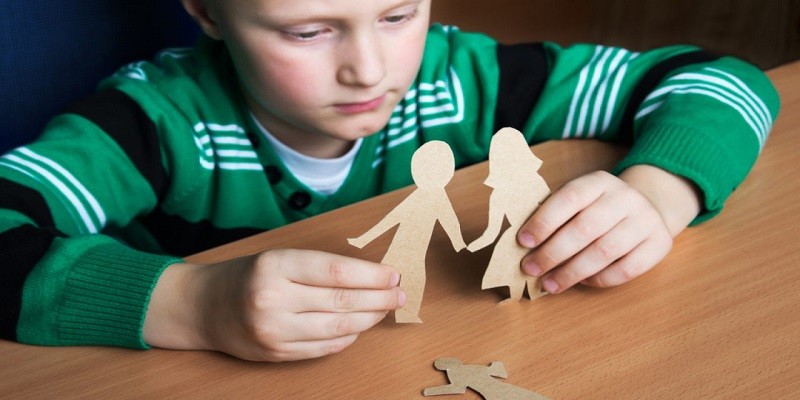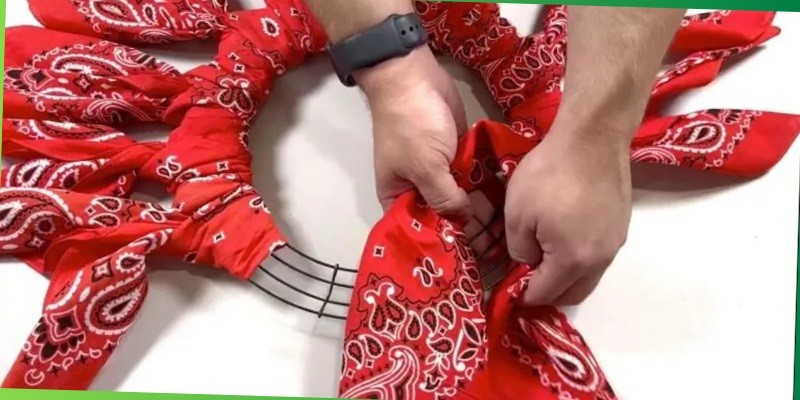Last Updated on June 6, 2023
To relinquish parental rights, you need to file a petition with a court of law. This involves giving up all legal rights and responsibilities as a parent, including custody and child support.
When a parent decides to relinquish their parental rights, it is usually a difficult and emotional decision. However, there are many reasons why a parent may choose to do so, such as giving the child up for adoption or ending their relationship with the other parent.
In order to relinquish parental rights, the parent must file a petition with the court. This involves going through a legal process and attending a hearing, where a judge will determine if the parent is fit to make such a decision. The process of relinquishing parental rights can be complex and emotional, but it is important to understand the legal and emotional implications before making any decision. It is always advisable to seek legal counsel and support when going through this process.

Credit: www.wikihow.com
Reasons For Relinquishing Parental Rights
Parents who wish to relinquish their legal rights and responsibilities towards their child must have valid reasons supported by the law. Here are some common reasons why individuals may choose to terminate their parental rights:
In Cases Of Adoption
- A parent agrees to give up their parental rights to allow the child to be adopted by someone else.
- The adoption process involves careful consideration and screening of adoptive parents to ensure the child’s wellbeing and safety.
In Cases Of Parental Callousness Or Neglect
- Parents who have demonstrated callousness or persistent neglect of their child’s wellbeing may be forced to relinquish custody.
- Children deserve loving and caring parents who prioritize their needs.
In Cases Of Domestic Violence And Abuse
- Children who face domestic violence and abuse have the right to protection from their abusers.
- Parents who are proven guilty of child abuse or domestic violence may have their parental rights terminated.
In Cases Of Unsound Mental/Physical Health
- Parents who are incapable of taking care of their children because of their physical or mental health issues may have to give up their parental rights.
- Children need responsible caregivers who can adequately and consistently care for them.
In Cases Where One Parent Doesn’T Want To Deal With The Responsibilities Of Parenthood
- Sometimes, one parent will choose to relinquish their parental rights if they feel they are unable or unwilling to take care of their child.
- The other parent or a third party, like an adoption agency, may then assume full custody of the child.
Parents have various reasons for relinquishing their parental rights. However, before taking such a major step, it is essential to understand the legal and emotional implications involved. Seeking legal counsel and professional support can help individuals make informed decisions.
The Process Of Relinquishing Parental Rights
Relinquishing parental rights is a major decision that should not be taken lightly. There are many reasons why a parent might choose to terminate their legal relationship with their child. Whether it’s due to personal or legal reasons, it is important to understand the process before making any decisions.
Here is a breakdown of the process of relinquishing parental rights.
Contacting An Attorney
Relinquishing parental rights is a legal process that requires the assistance of an experienced attorney. It is essential to find a lawyer who specializes in family law in your state. With their legal knowledge and experience, a lawyer can guide you through the process and protect your rights.
Understanding The Legal Consequences Of Relinquishment
Before moving forward with relinquishing parental rights, it is important to understand the legal consequences. Once parental rights are terminated, there are no legal obligations or rights, and the parent cannot have any contact or relationship with their child. They will not be responsible for providing financial support either.
Filing A Petition To Relinquish Parental Rights
After consulting with an attorney, the next step is to file a petition to relinquish parental rights. This involves filling out a legal document and filing it with the court in the appropriate jurisdiction. It is vital to provide the court with a valid reason for relinquishing parental rights.
Appearing In Court For The Hearing
Once the petition has been filed, a hearing will be scheduled. The parent petitioning for the termination of parental rights must attend the hearing and provide evidence supporting their request. The parent will also have the opportunity to respond to any questions or concerns raised by the judge.
Signing A Legal Document To Terminate Parental Rights
If the judge grants the request to terminate parental rights, the parent must sign a legal document. This signifies that they are willingly relinquishing all legal obligations and rights they have in relation to their child. The parent will then not be able to have any future contact with the child.
The Role Of The Other Parent In The Process
If the other parent is alive and willing to assume full parental duties, they must provide their consent and take on full responsibility for the child. If the other parent is not willing to assume full responsibility, the court may deny the request to terminate parental rights.
It is vital to keep in mind that the well-being of the child is always the primary concern.
The process of relinquishing parental rights is complex and requires the assistance of an experienced family law attorney. It is crucial to understand the legal consequences and to be sure that termination of parental rights is in the best interests of the child.
Frequently Asked Questions Of How To Relinquish Parental Rights?
Can A Parent Voluntarily Relinquish Their Parental Rights?
Yes, a parent can voluntarily relinquish their parental rights through a legal process.
How Do You Legally Relinquish Parental Rights?
To legally relinquish parental rights, it is advised to consult with a family law attorney.
Is It Possible To Relinquish Parental Rights Without The Other Parent’S Consent?
In most cases, it is not possible to relinquish parental rights without the other parent’s consent.
What Are The Reasons A Parent May Relinquish Their Rights?
A parent may relinquish their parental rights due to inability to provide care, adoption, or termination of parental rights.
What Happens After Parental Rights Are Relinquished?
After parental rights are relinquished, the parent no longer has any legal rights or responsibilities towards the child.
Conclusion
Finally, relinquishing parental rights is a very serious and difficult decision. It is not something to be taken lightly and requires careful consideration, especially when it comes to the well-being of the child. Seeking the assistance of legal counsel and discussing the matter with a therapist can help make the process smoother and ensure that the best interests of the child are upheld.
Keep in mind that giving up parental rights means that a person will no longer have any legal say in their child’s life and will likely have limited or no contact with them. This is not a decision that can be easily undone, so it’s important to think it through thoroughly before proceeding.
While it may be a tough choice to make, it can sometimes be the best course of action for all parties involved.







